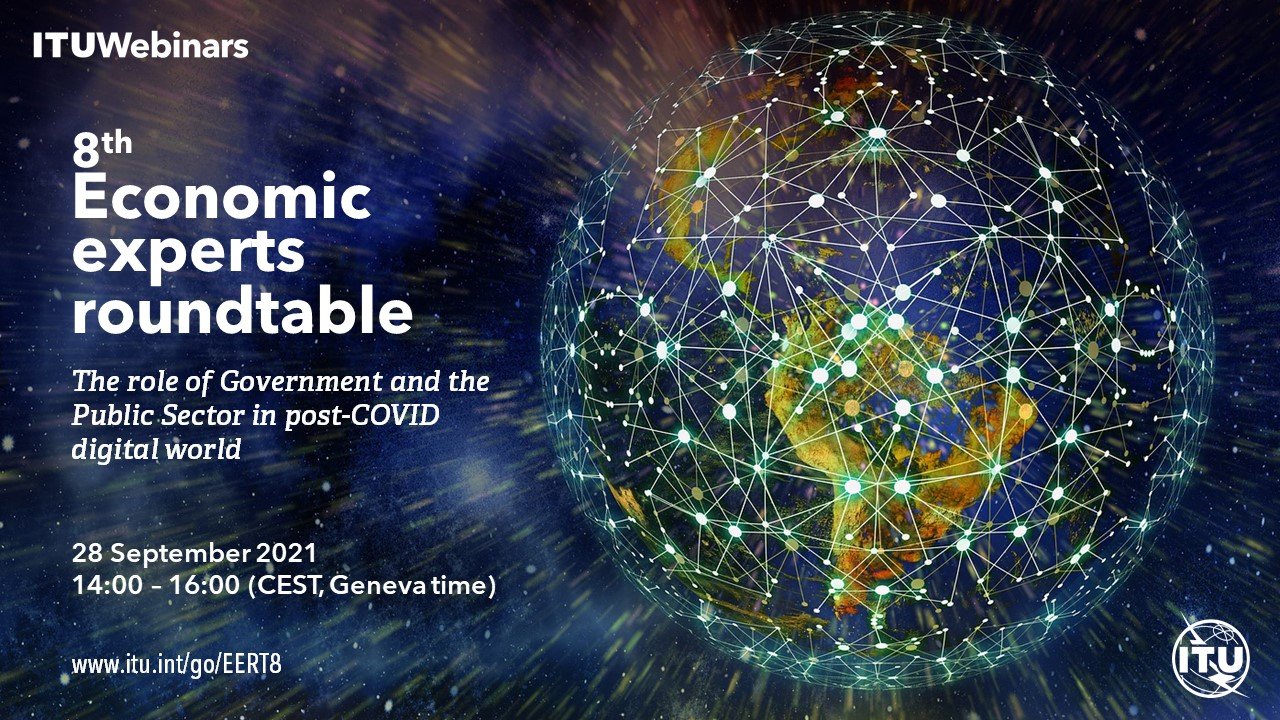The search for long-term solutions to the chronic lack of digital access that is leaving the unconnected ever further behind was discussed during the 7th Economic Experts Roundtable convened by the ITU in February of this year. The Roundtable was structured around two panels:
1) several promising businesses and operating models that could be implemented to address the connectivity challenge;
2) financial models and instruments that can be used to mobilize development finance institutions (DFIs), institutional investors, private equity, and public markets, as well as the public sector, to finance the required infrastructure projects.
While the Roundtable participants agreed that there is no “silver bullet" for the challenge of universal connectivity, several recommendations were presented that highlighted the role of public policy, regulation, and public sector participation:
- Create a suite of enablers for the development of alternative wholesale access and infrastructure providers to reduce deployment costs, such as by reducing taxation on equipment, streamlining relevant regulation, and incentivizing infrastructure sharing;
- Shared network infrastructure agreements can help to drive coverage in remote areas, but may be difficult to implement in practice without government involvement;
- Pooled financing is a well-established and highly successful means of mobilizing private financing for small infrastructure projects in both developed and developing countries;
- Governments can, however, provide significant support to infrastructure projects through in-kind contributions and incentives such as tax credits, free or low-cost permits, such as rights of way, and financial guarantees to investors.
These recommendations should be considered in light of the evidence indicating that the private sector operating under adequately competitive conditions, remains the fundamental lever to increase broadband penetration. In line with this conclusion, the next ITU Economic Experts Roundtable is being convened to take the stock further on the role of public policy, regulation, and public sector participation in the post-COVID digital world:
- What are the implications of the growing importance of the digital economy for regulatory models, frameworks, and institutions? and
- Should governments continue playing a role in the ownership and management of ICT infrastructure or should privatization and spin-off of public assets be emphasized?
The Roundtable will be structured along the two questions stated above. The panel of economic experts will be divided accordingly. Each session will start with a 'fire-starter' intervention highlighting key issues relevant to the session that is debated in the economic expert community.
MEETING TIME/DATE: Tuesday, 28 September 2021 14:00 – 16:00 CEST Geneva time
TARGET AUDIENCE: Telecommunications/ICT Policy Makers, National Regulatory Authorities (NRAs), Network Operators and Service Providers, Industry and Technology Community
WEBINAR TOOL/Application: ZOOM
For more information, visit https://www.itu.int/en/ITU-D/Regulatory-Market/Pages/Events2021/EconomicRoundTable09.aspx



.jpg)


